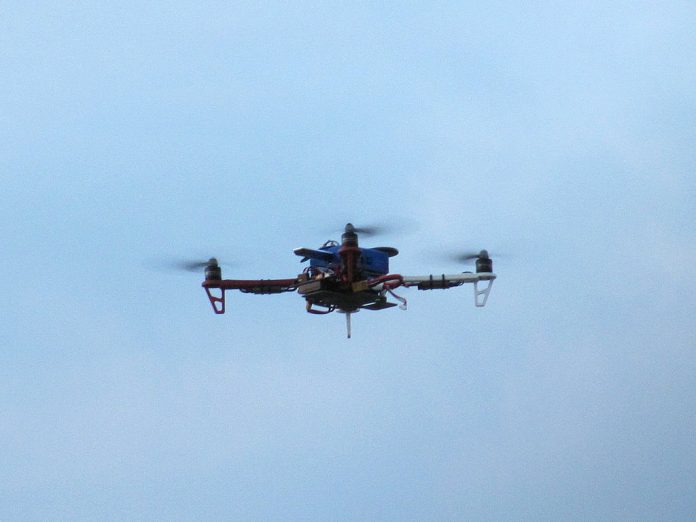The European Parliament in Strasbourg on June 12 approved an agreement reached between the European Council and Parliament negotiators back in November 2017 on EU-wide principles for drones and drone operators. The rules are aimed to ensure a common level of safety and give operators and manufacturers the predictability to develop products and services.
Under the new rules, drones would need to be designed so that they can be operated without putting people at risk. Based on risk related to, for example, the weight of the drone or area of operation, the drone would need additional features, such as automated landing in case the operator loses contact with the drone or collision avoidance systems.
Some drone operators would be required to go through training before they can operate a drone. Operators will also need to register their drones.
Based on the key principles, the EU Commission is tasked with developing more detailed EU-wide rules, such as maximum altitude and distance limits for drone flight, and which drone operations and drones would need to be certified based on the risk they pose. The rules would also determine which operators need additional training and to be registered and which drones would need to have additional safety features.
Approved with 558 votes in favour, 71 against and 48 abstentions, the rules now need to be approved by the EU ministers.
According to the ECR Group transport spokesman, Roberts Zile, it’s a sensible and pragmatic way forward in this rapidly emerging sector. Speaking after the vote, he said: “Drones are set to become an important part of everyday life and we must have rules in place to ensure they are being used the right way and in the public interest. Nobody would have thanked us for setting standards that work today but go out of date tomorrow, therefore regulators have been given the flexibility to assess risks on an ongoing basis and adjust where necessary as the development of the drone sector continues apace.”

